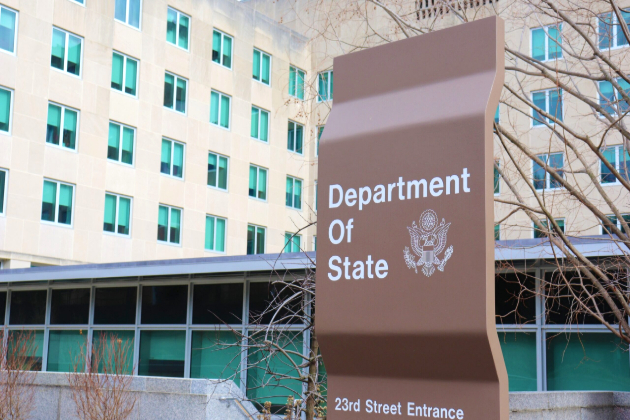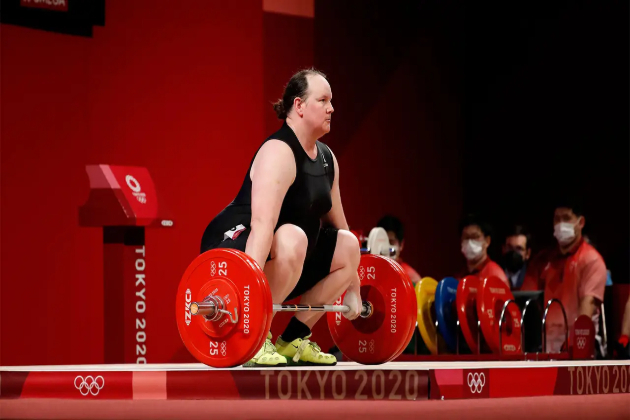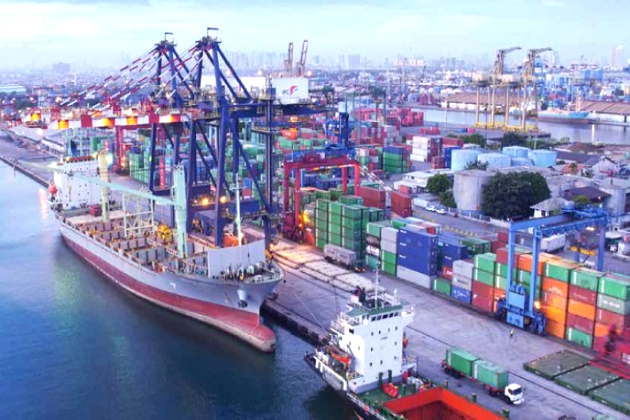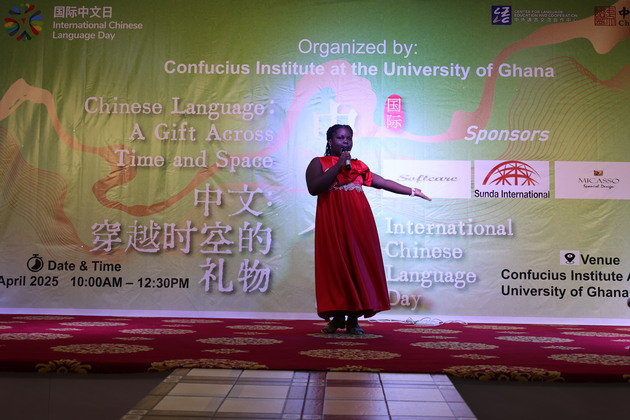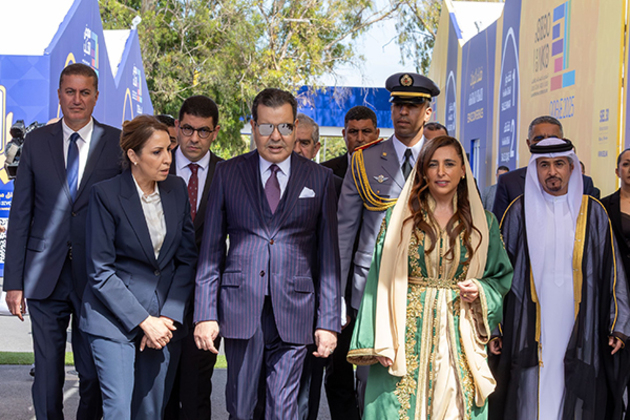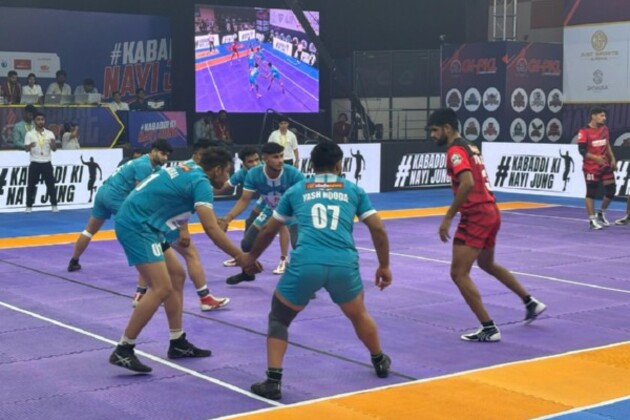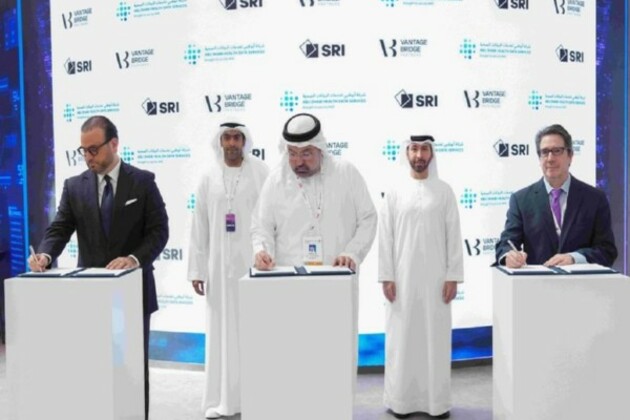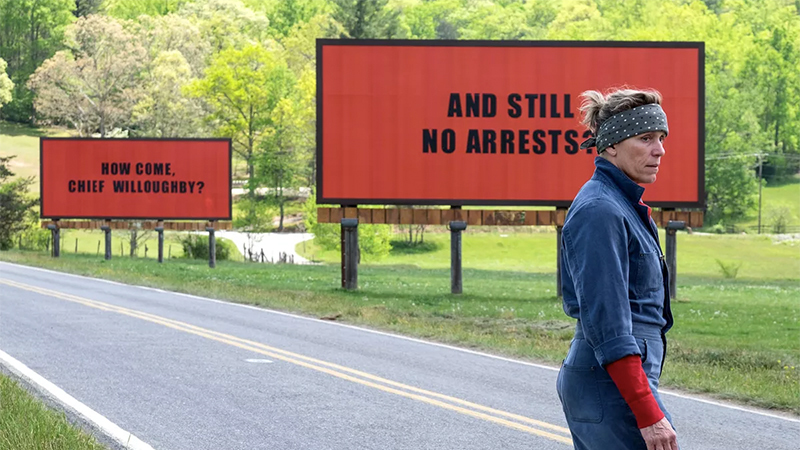Peacekeeping armies: what are they, why do African states build them and what impact do they have?
The Conversation
15 Jan 2025, 06:33 GMT+10
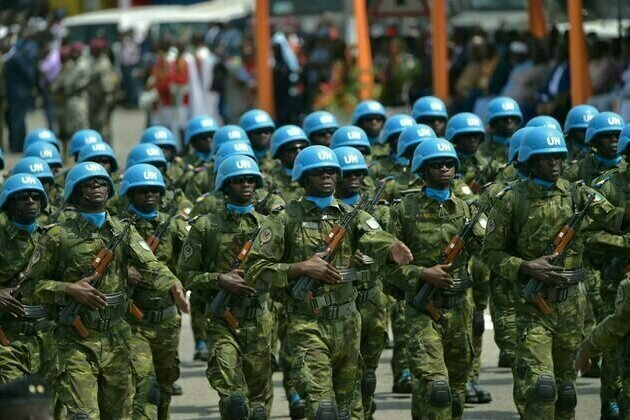
Since 1948, more than two million uniformed peacekeepers have served in over 70 United Nations (UN) peacekeeping missions.
They have come from over 120 UN member states. But, a few countries have regularly contributed a significant proportion of their troops. They have also made peacekeeping a foreign policy priority, and adapted their armed forces to fit UN requirements. These states have developed what we call "peacekeeping armies".
Since the end of the Cold War, the vast majority of these peacekeepers have been deployed in Africa. Many of them by African countries. Today, 11 of the top 20 countries that contribute to UN peacekeepers are African. African states also provide soldiers for operations authorised by the African Union and other African regional organisations.
Why do these countries contribute so many peacekeeping troops so regularly? How do they do it consistently? What are the consequences for the individual soldiers, the military organisations, and the wider practice of peacekeeping? Answering these questions requires a deeper analysis.
In our recent research, we analysed 70 troop-contributing countries. We looked at patterns of troop deployments in peace operations and official security documents.
As debates continue over whether and how to deploy new peace operations in places like Haiti, Sudan, and Gaza, the world should look to states that have explicitly designed their military to perform peacekeeping tasks. It must also reflect on the implications this could have for the development of future operations.
We define a "peacekeeping army" as one that has undertaken institutional reforms to regularly perform the military functions of peacekeeping at a relatively large scale compared to the size of the relevant state's active force. It must also have ranked international peacekeeping as one of its top priorities.
Our definition is based on four elements: function, adaptation, scale, and salience.
First, a peacekeeping army must be able to perform the military functions required for contemporary peacekeeping.
Second, a traditional army must have adapted to enable more effective performance of peacekeeping tasks. Such adaptation involves relevant institutional reforms, including designing relevant capabilities, force structures, training systems, or doctrine.
Third, in terms of scale, a peacekeeping army should regularly deploy troop contingents representing at least 5% of its active armed forces.
Read more:
UN peacekeeping in Africa is working better than you might think
Finally, states that develop peacekeeping armies afford peace operations a high level of prominence in their national security. They also make them a visible part of their domestic and foreign policy. Our longer article discusses several countries that share these characteristics, including Burundi, Rwanda, Uruguay, and Ghana.
States develop peacekeeping armies for different reasons and at different times. However, we found some factors are more likely to drive the process than others.
First, reconstructing national and international identities to acquire international status and domestic legitimacy appears to be key. Historically, this has been apparent in states as diverse as Canada, Ireland, Ghana, and Uruguay.
Second, poorer states, like Rwanda and Burundi, might have economic incentives such as the modernisation of military equipment, infrastructure development, and personnel reimbursements.
Third, authoritarian governments might see providing peacekeepers as a form of regime protection and coup-proofing strategy. They do so by both physically distancing security forces outside the country, and by using financial benefits to buttress their loyalty.
Once established, a peacekeeping army can influence individual soldiers, the military organisation, and the government.
For individuals, most soldiers in these armies get the opportunity to deploy abroad. They enjoy the financial, training, and operational benefits that come with peacekeeping without the heightened risks of a war-fighting mission. Nevertheless, some peace operations deploy to active war zones, where it might be dangerous for soldiers.
Read more:
China's approach to peace in Africa is different. How and why
For the state, the relatively high proportion of soldiers contributed to peacekeeping incentivises a government to adapt its military to the requirements of the organisation authorising the peacekeeping mission. It will also need to maintain at least the image of a stable and professional army. Interestingly, recent studies have shown that international perceptions of an effective army are more important than ensuring democratic civil-military relations.
In terms of wider peacekeeping practices, three policy implications stand out.
First, states that develop peacekeeping armies have incentives to extend the duration of peace operations for their own benefit. This, even when the local context is not conducive. Once their soldiers are deployed, these governments can gain a degree of negotiating power. Either by expressing reluctance to withdraw troops or threatening to do so if certain requests are not met. However, since these are unlikely to be powerful states, their influence on the duration of peace operations remains limited.
Second, since most peacekeeping armies are in poorer and (semi)autocratic states, they will usually lack financial and material resources to develop and modernise. Consequently, they will likely require material, financial, and technical assistance from external partners. This is perhaps to the detriment of building locally sustainable peacekeeping institutions. In such situations, external peacekeeping training and capacity-building programmes will remain important.
Read more:
Protecting victims of conflict: how African value systems could strengthen humanitarian law
Finally, if more peacekeeping armies emerge in (semi)autocratic states, they are likely to have a higher tolerance for casualties. And, they face less public pressure for transparency and accountability than democratic contributing countries.
Such (semi)autocratic armies might therefore accept deployment on more dangerous missions. Over time, this could set new standards for UN peacekeeping in terms of risk assessment and ongoing debates over the safety and security of peacekeepers.
 Share
Share
 Tweet
Tweet
 Share
Share
 Flip
Flip
 Email
Email
Watch latest videos
Subscribe and Follow
Get a daily dose of Nigeria Sun news through our daily email, its complimentary and keeps you fully up to date with world and business news as well.
News RELEASES
Publish news of your business, community or sports group, personnel appointments, major event and more by submitting a news release to Nigeria Sun.
More InformationInternational
SectionTrump administration seeks to scrap $8 credit card late fee cap
WASHINGTON, D.C.: President Donald Trump's administration asked a federal court to cancel a rule that limits credit card late fees...
Trump administration plans to halve State Department budget
WASHINGTON, D.C. President Donald Trump's administration wants to cut the State Department's budget by nearly half, according to documents...
Myrtle the Tortoise reunited with Family after tornado escape
KOKOMO, Mississippi: Myrtle, a beloved pet tortoise, is back with his family in Mississippi after being lost for weeks during a deadly...
NY tour helicopter firm shuts down after deadly crash
NEW YORK CITY, New York: The helicopter tour company involved in a recent crash that killed a pilot and a visiting family from Spain...
Education Department moves to cut off Maine's federal education funding
WASHINGTON D. C.: President Donald Trump's administration announced late last week that it would stop all federal education funding...
Indonesia plans US visit to avert tariffs with bold offer
JAKARTA, Indonesia: Indonesia is preparing a high-level visit to Washington with an ambitious offer to avert steep U.S. tariffs on...
Africa
SectionGHANA-ACCRA-CHINESE LANGUAGE-COMPETITION
(250418) -- ACCRA, April 18, 2025 (Xinhua) -- A contestant sings a Chinese song during a competition to mark the Chinese Language Day...
Hardik Pandya is one of best all-rounders in world: Mark Boucher
New Delhi [India] April 18 (ANI): Former South Africa wicketkeeper-batter Mark Boucher is impressed with Mumbai Indians captain Hardik...
Sharjah shines as Guest of Honour at Rabat Book Fair
Sharjah [UAE], April 18 (ANI/WAM): In the presence of Prince Moulay Rachid of Morocco and Sheikha Bodour bint Sultan Al Qasimi, Chairperson...
Haryana Sports Minister Gaurav Gautam declares Global Indian Pravasi Kabaddi League open in Gurugram
Gurugram (Haryana) [India], April 18 (ANI): Haryana Sports Minister Gaurav Gautam on Friday inaugurated the first edition of Global...
Dubai Land Department signs 11 agreements at IPS 2025
Dubai [UAE], April 18 (ANI/WAM): Dubai Land Department (DLD) signed 11 agreements with diverse local and international entities. The...
Abu Dhabi to launch 'Silicon Valley for AI and Healthcare' Innovation Hub
Abu Dhabi [UAE], April 18 (ANI/WAM): Abu Dhabi Health Data Services (ADHDS), a cornerstone of M42's Digital Health Solutions (DHS)...


